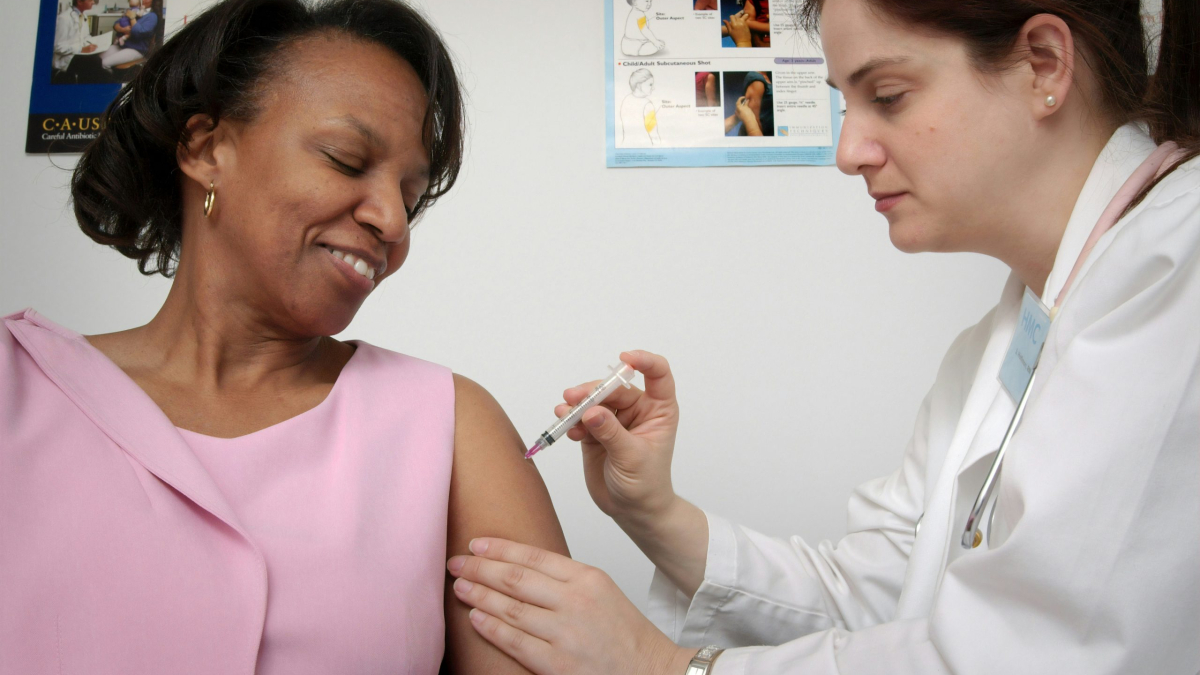The monsoon season brings relief from intense heat but also poses health risks, particularly fevers. With increased rainfall and humidity, disease-causing agents thrive, necessitating awareness of common fevers during this time.
As rainwater accumulates, stagnant pools become breeding grounds for mosquitoes, leading to diseases like Dengue and Malaria. Fluctuating temperatures and damp conditions also facilitate the spread of respiratory illnesses such as influenza. Contaminated water sources and poor hygiene practices contribute to Typhoid Fever and Viral Gastroenteritis.
Understanding symptoms and transmission modes for each fever allows proactive measures for protection. This article provides essential information on common monsoon fevers and their prevention, ensuring a healthier season for everyone.
Common Monsoon Fevers:
- Common Cold Fever: A viral infection affecting the upper respiratory system, causing symptoms like runny nose and cough. Spread through respiratory droplets, it’s highly contagious and can be prevented with good hygiene.
- Dengue: A mosquito-borne viral infection causing symptoms from mild flu-like to severe complications like Dengue Hemorrhagic Fever. Prevention involves controlling mosquito populations and using repellents.
- Chikungunya: Transmitted by mosquitoes, it causes high fever and joint discomfort. Managed with rest and pain relievers, prevention includes eliminating mosquito breeding grounds.
- Malaria: Spread by mosquitoes, it causes symptoms like high fever and body pains. Prompt identification and treatment with antimalarial drugs are crucial for prevention.
- Typhoid Fever: Caused by Salmonella bacteria, it spreads through contaminated food and water. Symptoms include high fever and stomach discomfort, prevented by hygiene practices.
- Influenza: A respiratory viral infection spread from person to person, causing sudden onset symptoms like fever and sore throat. Annual flu vaccination is recommended for prevention.
- Stomach Infections: Caused by bacteria, viruses, or parasites, leading to symptoms like nausea and diarrhea. Prevented by handwashing and consuming clean food.
Prevention Tips:
- Wash hands frequently with soap and water.
- Stay up-to-date with vaccinations.
- Practice good personal hygiene.
- Handle food properly to prevent foodborne illnesses.
- Drink clean water and eliminate mosquito breeding grounds.
- Use insect repellents and protective clothing.
- Research health risks before traveling.
- Maintain clean living spaces and avoid close contact when unwell.
In conclusion, prioritizing health through measures like handwashing, vaccination, and mosquito control reduces infection risks. Proactive steps ensure a safer and healthier community, emphasizing the importance of personal and environmental hygiene.

